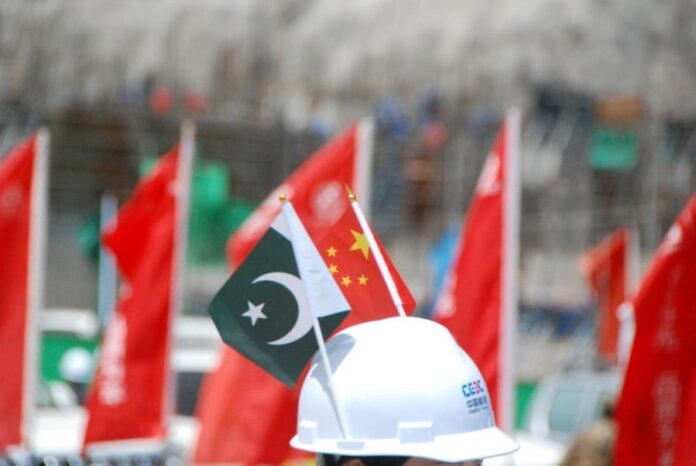Pakistan and China have signed Memorandums of Understanding (MoUs) worth approximately $250 million to bolster collaboration in the medical equipment and surgical instrument sector at a B2B matchmaking conference in Beijing.
The Silk Road Assistance Industrial Internet Platform, specializing in cross-border business advisory services, entered into agreements with Pakistan’s dental and surgical instrument manufacturer Sawuat and Chinese pharmaceutical company UPH Biopharma. This collaboration seeks to encourage more Chinese companies to invest in Pakistan through trade and joint ventures in the medical instrument sector.
Mr. Sunny Yang, Chief Technology Officer of the Silk Road platform, highlighted Pakistan’s strategic advantages. “Pakistan’s vast market, tax incentives, and European-standard compliance give it a competitive edge in attracting international investment,” he said.
He added, “Its medical industry can be further advanced in collaboration with China. For example, while it excels in equipment and instruments, there is significant room for improvement in areas like image documentation. By joining forces, Chinese technology can help Pakistan build its own brand and climb the global value chain.”
Pakistan, home to the world’s fifth-largest medical manufacturing hub in Sialkot, exports over 80% of its domestic production. Its low production costs, geographic connectivity to Central Asia and the Middle East, and inexpensive raw materials make it an attractive destination for international companies.
“Pakistan boasts abundant raw material resources and a large labor force,” noted Mr. Zhou Hui, Chairman of the China Chamber of Commerce for Import and Export of Medicines and Health Products.
“With significant strengths in medical consumables, such as surgical instruments, the demand for high-value medical products continues to rise. Pakistani enterprises seeking cooperation with China should stay updated on China’s regulations concerning medical devices and drugs. The Chamber will continue offering consulting services to support the entry of Pakistani medical products into the Chinese market,” he added.
Dr. Muhammad Shahbaz, President of the China Pakistan Medical Association, shared plans to further enhance collaboration between the two nations. “We are working to build a China-Pakistan friendship hospital in Islamabad and planning a joint medical technology park in Pakistan,” he revealed.
At the conference, his association finalized an agreement with a Hangzhou-based technology company for medical equipment trade, joint ventures, and technology transfer.
Organized by the Pakistani Embassy in China, the conference saw the participation of over 120 companies from both countries. This event marked the conclusion of the first series of seven B2B events launched after the Pakistani Prime Minister’s visit to China in June.
Officials announced that another seven roadshows are planned to begin next month, focusing on 14 priority sectors to expand bilateral business collaboration further.




